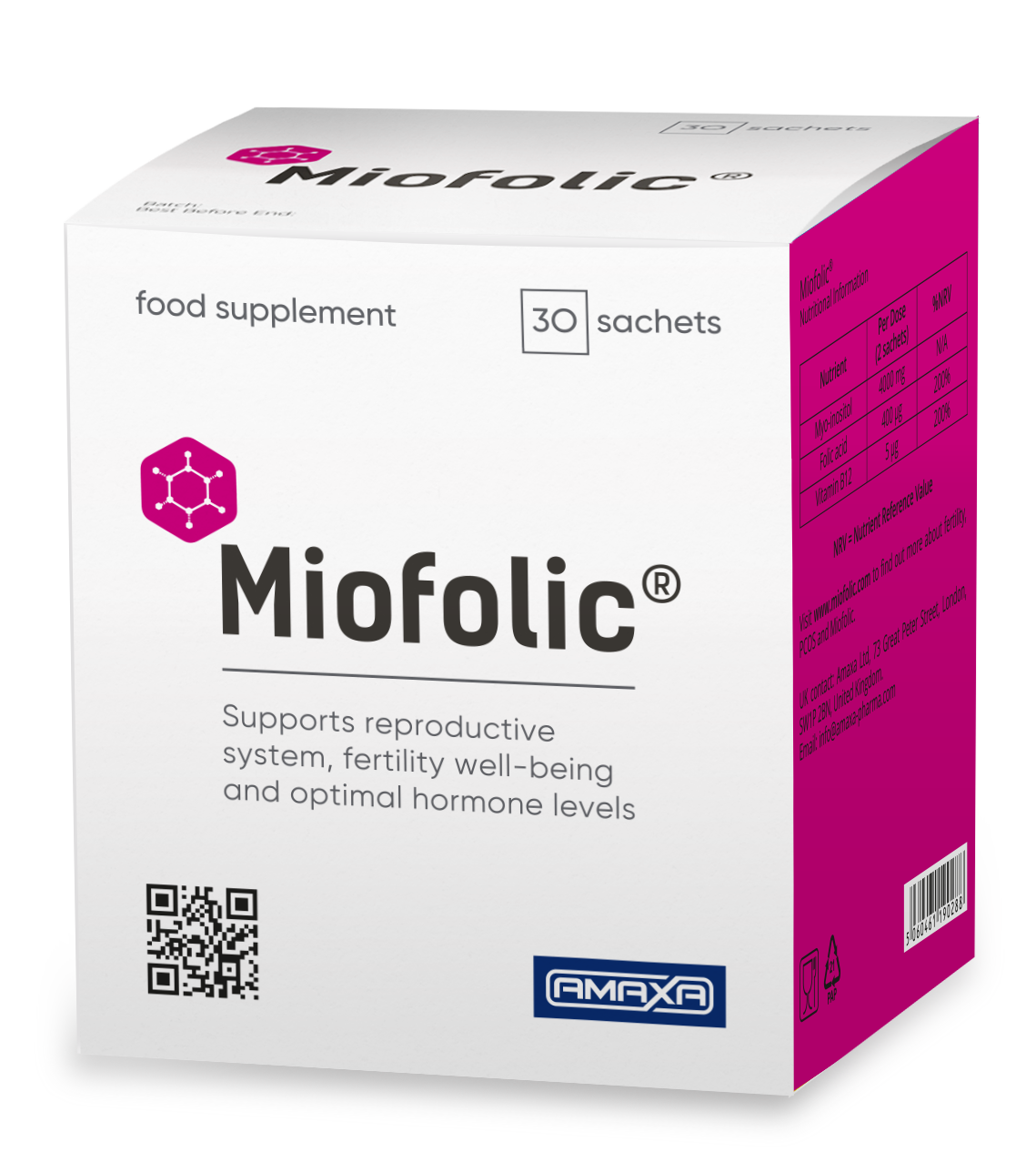What is myo-inositol?
Myo-inositol is one of the varieties of inositol hexahydrolic alcohols. Inositol exists in nine possible stereoisomers, of which only one form is present in the living cell – myo-inositol. It acts as the transmitter of intracellular signals from the insulin receptor, and is involved in lipolytic digestion, cholesterol reduction in the blood and many other processes in the body.
Myo-inositol and its derivatives are found in fruits (melons and oranges, in particular), legumes, grains and nuts. It tastes less than twice as sweet as sucrose.
In plants, inositol is found mainly in phytic acid and its salts, phytates. These serve as a source of phosphates for germinating seeds. Without pre-treatment, phytic acid is poorly absorbed by the human body. Phytates significantly reduce the bioavailability of minerals (calcium, magnesium, iron, zinc), increasing the risk of developing a minerals deficiency.
Myo-inositol was previously considered one of the B vitamins (vitamin B8). Later, when it was found that myo-inositol was synthesized in the kidneys (several grams per day in a healthy person), it was no longer viewed as a vitamin (an essential organic nutrient not synthesized in the human body).
Nevertheless, if a person has a diminished kidney function or some other processes that disrupt the myo-inositol synthesis, myo-inositol can be viewed as a vitamin.
Myo-inositol and the reproductive system
Myo-inositol and its derivatives, required to stimulate the sex hormones gonadotropin, luteinizing and follicle-stimulating hormones, affect the functioning of the reproductive system.
The myo-inositol effect on connective tissue is of fundamental importance for the healthy development of the embryo.
Polycystic ovarian syndrome (PCOS) is one of the main causes of infertility. Patients with PCOS often have insulin resistance and carbohydrate metabolism disorder. Combined PCOS therapy with myo-inositol inclusion reduces the risk of metabolic disorders and beneficially affects metabolism level, hormonal regulation condition and ovarian function.
Myo-inositol is involved in the normal reproductive system functioning and embryo development. It is also required to give biological effects to folates and other vitamins and minerals affecting the gestational course and the “mother-placenta-fetus” system condition.
The key mechanism of the myo-inositol action has been confirmed in clinical studies involving a large number of women. Use of myo-inositol normalizes metabolic processes in the body (reduces insulin resistance and compensatory hyperinsulinemia), which leads to the restoration of normal hormonal parameters and, as a result, to:
- resumption of ovulation
- resumption of menstruation.
According to the available data, taking myo-inositol is well tolerated and there are no adverse effects. One Miofolic sachet contains 2000 mg of myo-inositol.
